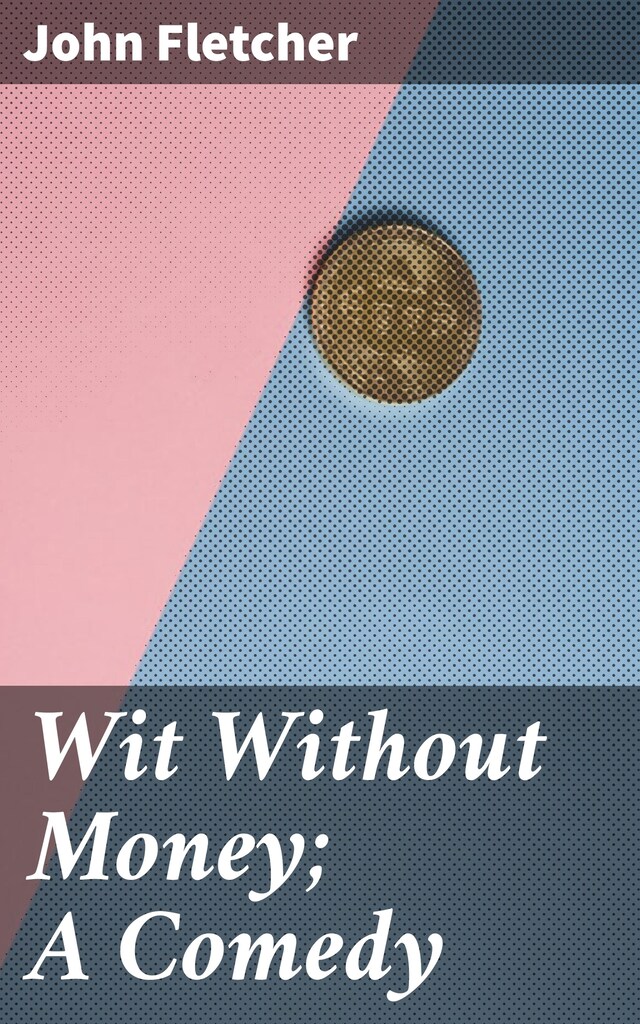Wit Without Money; A Comedy
The Works of Francis Beaumont and John Fletcher
Description of book
The Works of Francis Beaumont and John Fletcher
In "Wit Without Money," John Fletcher crafts a lively comedy that exposes the follies of human desire and social pretensions in the early 17th century. The play centers around a series of humorous misunderstandings and mistaken identities, showcasing Fletcher's adeptness at blending wit with farce. The dialogue is sharp and filled with clever repartee, reflecting the literary style of the Jacobean era, where the interplay of language was as critical as the unfolding plot. Fletcher'Äôs exploration of themes such as love, wealth, and the interplay of social classes serves as a mirror to the societal norms of his time, revealing both the absurdities and vulnerabilities inherent in human relationships. John Fletcher, a prominent playwright of his era, collaborated frequently with Francis Beaumont and was deeply influenced by the theatrical conventions of the time. His works often delve into the complexities of love and societal expectations, a reflection of his own experiences as a playwright navigating the intricate world of Early Modern English theater. Fletcher's background in a time of shifting cultural landscapes certainly shaped his comedic voice, allowing him to deftly blend humor with commentary. For readers and theater enthusiasts alike, "Wit Without Money" offers a delightful insight into the mind of a masterful playwright. Its timeless humor and engaging characters make it a must-read for anyone interested in the evolution of comedic drama. This comedy not only entertains but also invites reflection on the timeless dynamics of affection and social ambition, ensuring its relevance continues to resonate today.
 John Fletcher
John Fletcher 77 Pages
77 Pagesfrom €6.99/month
Enjoy a world of audiobooks and e-books. No commitments. Cancel at any time.
